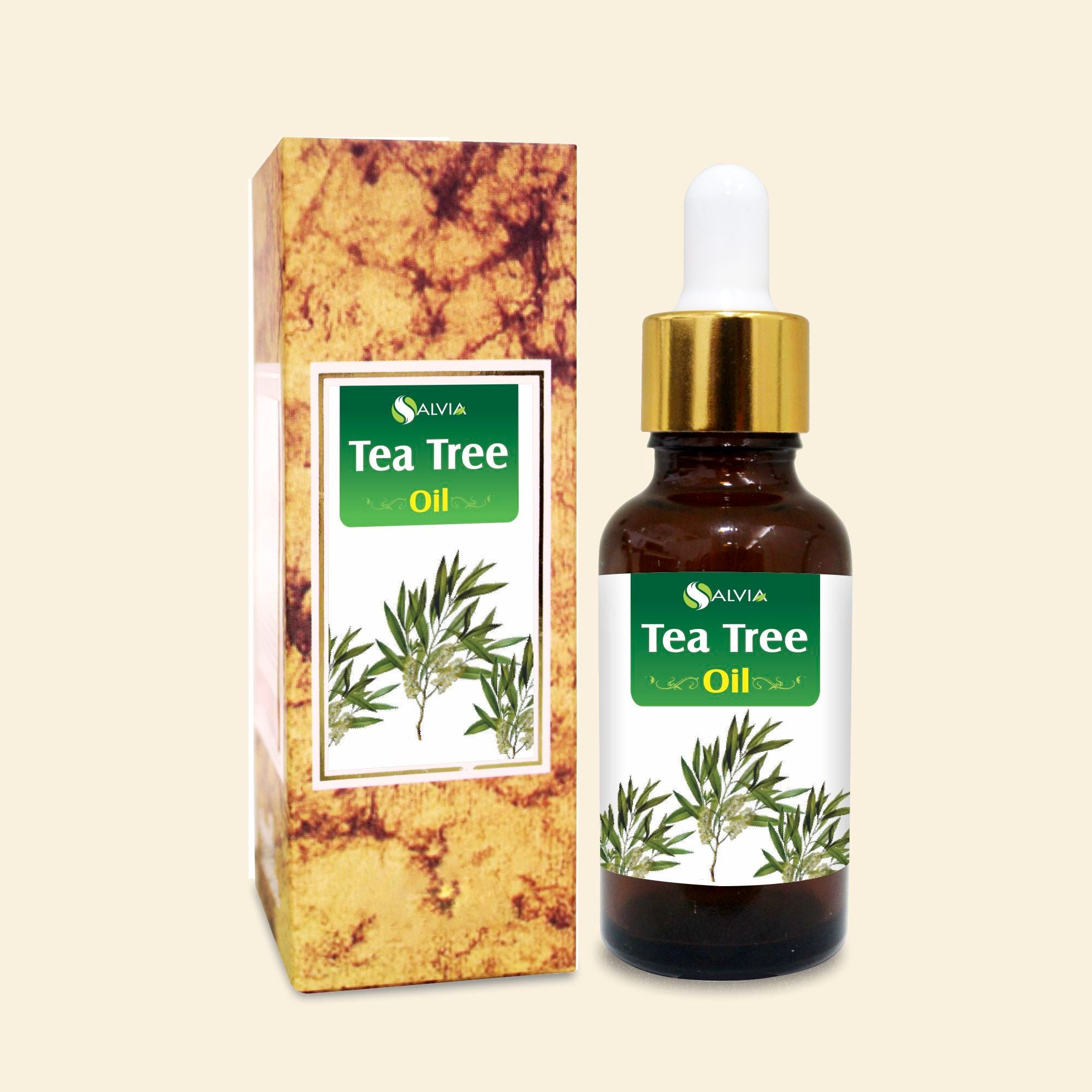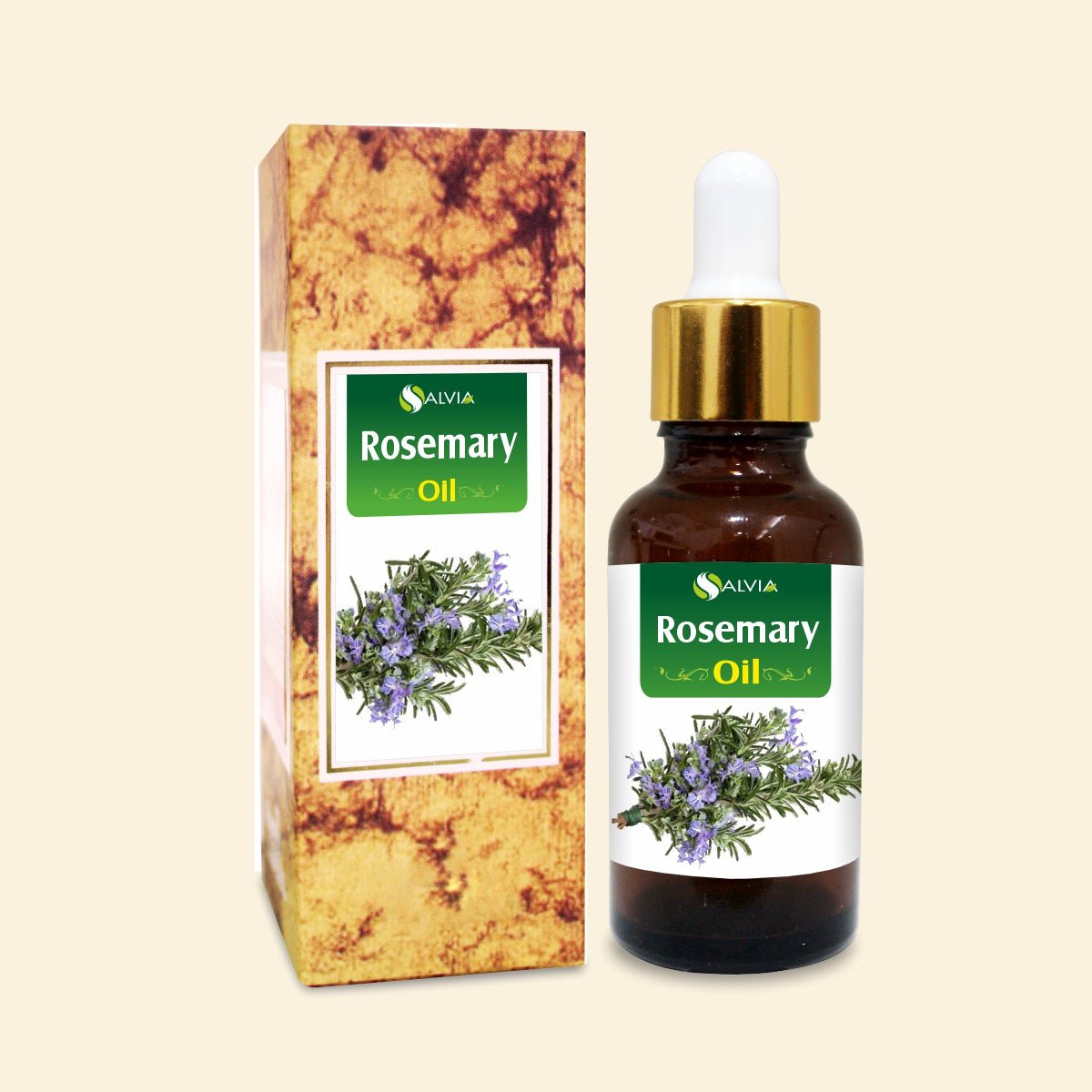
Essential Oils You Can Use For Scalp Eczema
Scalp eczema, also known as seborrheic dermatitis, is a chronic inflammatory condition that affects the scalp. It is characterized by red, scaly, itchy, uncomfortable patches. While there is no cure for scalp eczema, there are ways to manage the condition.
People often look for natural ways to manage this condition, and using essential oils for scalp eczema is one of the effective ways to control and manage it. In this blog, we will explore some of the best essential oils for eczema and how to use them effectively.
What are Essential Oils and How are They Effective for Scalp Eczema?
Essential Oils are extracted through the steam-distillation process of different parts of plants, including roots, flowers, leaves, fruits, etc. The oils contain antioxidants, vitamins, and essential fatty acids, which can manage various skin ailments.
Essential oils work as a natural treatment for scalp eczema due to their antibacterial, antifungal, anti-inflammatory, and skin-soothing properties.
Let us discuss some of the best essential oils that can work wonder for managing scalp eczema.
5 Essential Oils For Scalp Eczema Treatment
Essential oils are considered safe and natural remedies for various skin conditions, including scalp eczema, and may offer an alternative to synthetic medications or chemical-based treatments.
They can be a gentler option for people who have sensitive skin or prefer natural remedies. Some of the essential oils for naturally treating scalp eczema are
1. Tea Tree Oil
Tea tree oil can be one of the best natural remedy for scalp eczema. It contains antifungal and antibacterial properties that can help reduce inflammation and itching. Tea tree oil also helps regulate sebum production, which can help prevent flare-ups of scalp eczema.
To use tea tree oil, mix 2-3 drops with a carrier oil, like coconut or jojoba oil. Massage the diluted mixture on your scalp and leave it for at least 30 minutes to an hour before washing with a gentle shampoo. One can also add a few drops of tea tree oil to your shampoo to help prevent flare-ups.
2. Lavender Oil
Lavender oil has anti-inflammatory properties. Thus, it can help soothe the scalp and reduce redness and itching associated with scalp eczema. It also has a calming effect on the mind and body, which can be helpful for those who experience stress-related flare-ups of scalp eczema.
To use lavender oil for scalp eczema, mix 2-3 drops of the oil with a carrier oil or base oil. Massage the mixture on your scalp. After 30 to 45 minutes, wash your hair properly with a gentle shampoo.
3. Peppermint Oil
Peppermint oil can help with scalp eczema due to its natural cooling and soothing properties. Scalp eczema can cause intense itching, and peppermint oil's cooling effect can reduce the sensation of itching and provide relief. Peppermint oil has antimicrobial properties, which may be helpful for people with scalp eczema prone to infections.
Mix 2-3 drops of peppermint essential oil with 1 tablespoon of a carrier oil like coconut oil, olive oil, or jojoba oil. Gently massage this diluted oil into your scalp using circular motions with your fingertips. Leave the oil mixture on your scalp for at least 30 minutes to allow the oil to penetrate the skin and soothe eczema.
4. Frankincense Oil
Frankincense oil has anti-inflammatory effects and antimicrobial properties that can help prevent infection in eczema-prone skin. It has moisturizing properties that can help hydrate and soothe a dry, itchy scalp. Scalp eczema can cause dryness and flakiness, which can exacerbate symptoms. Using frankincense oil as part of a moisturizing routine can help improve scalp hydration and irritation.
Use a carrier oil such as coconut or jojoba oil and mix 2-3 drops of frankincense oil. Let the frankincense oil mixture sit on your scalp for at least 30 minutes or longer. Wrap a warm towel around your head to help the oil penetrate the scalp. After this, wash your hair with mild shampoo.
5. Rosemary Oil
Rosemary oil contains antimicrobial and anti-inflammatory properties that can help reduce inflammation and prevent bacterial and fungal infections. The oil has antioxidant properties that can help protect the skin from free radical damage. Free radicals can damage skin cells and exacerbate eczema symptoms.
Mix a few drops of the oil with a carrier oil and massage the mixture into your scalp. Make sure to cover the entire scalp and focus on areas with eczema. Leave the oil on the scalp for 30-45 minutes. Depending on the severity of your scalp eczema, you may need to repeat this process 2-3 times a week.
Precautions of Using Essential Oils For Scalp Eczema
Essential oils can effectively treat scalp eczema, but it is important to use them with caution. Here are some precautions to consider:
- Dilution - Essential oils are highly potent and can cause skin irritation if applied directly to the scalp. Hence, always dilute them in a carrier oil before applying them to the scalp. A good rule of thumb is to use no more than 3-5 drops of essential oil per tablespoon of carrier oil.
- Patch test - Before using any essential oils on your scalp, it is important to conduct a patch test. Apply a small amount of the diluted essential oil to a small skin area inside your elbow and wait 24 hours. Do not use the essential oil on your scalp if you experience redness, itching, or swelling.
- Avoid certain essential oils - Some essential oils can irritate the skin and exacerbate eczema symptoms. Avoid using essential oils such as cinnamon, clove, oregano, and thyme, which can irritate the skin.
- Use high-quality essential oils - Always use high-quality essential oils from reputable sources. Poor-quality oils can contain harmful additives or contaminants that can worsen eczema symptoms.
- Don't use essential oils on broken skin - Essential oils should never be applied to broken or inflamed skin, which can cause further irritation.
If you experience any adverse reactions such as increased redness, itching, or burning after using an essential oil, stop using it immediately Also, if you have a severe case of scalp eczema, it is important to consult with a healthcare professional before using essential oils.
The Bottom Line
In conclusion, essential oils can be a helpful tool in managing scalp eczema. However, it is important to use them safely and effectively. One must use good-quality and pure essential oils to use for scalp eczema treatment. Shoprythm is your one-stop destination to shop natural and pure essential oils. We have a range of essential and carrier oils, which are 100% pure and undiluted.
You may also like -
About Ajay Kakar

Mr. Ajay Kakar is an expert in dermatology with extensive experience. His expertise lies in the realm of essential oils and carrier oils, and he understands how these natural oils can work wonders for our skin and body. With a forward-thinking mindset, he has been a pioneer in introducing groundbreaking skincare products. Mr. Kakar is a dedicated entrepreneur who believes in the importance of focus, vision, strategy, development, innovation, and top-notch quality. His commitment to improving skincare through innovation is truly remarkable.







